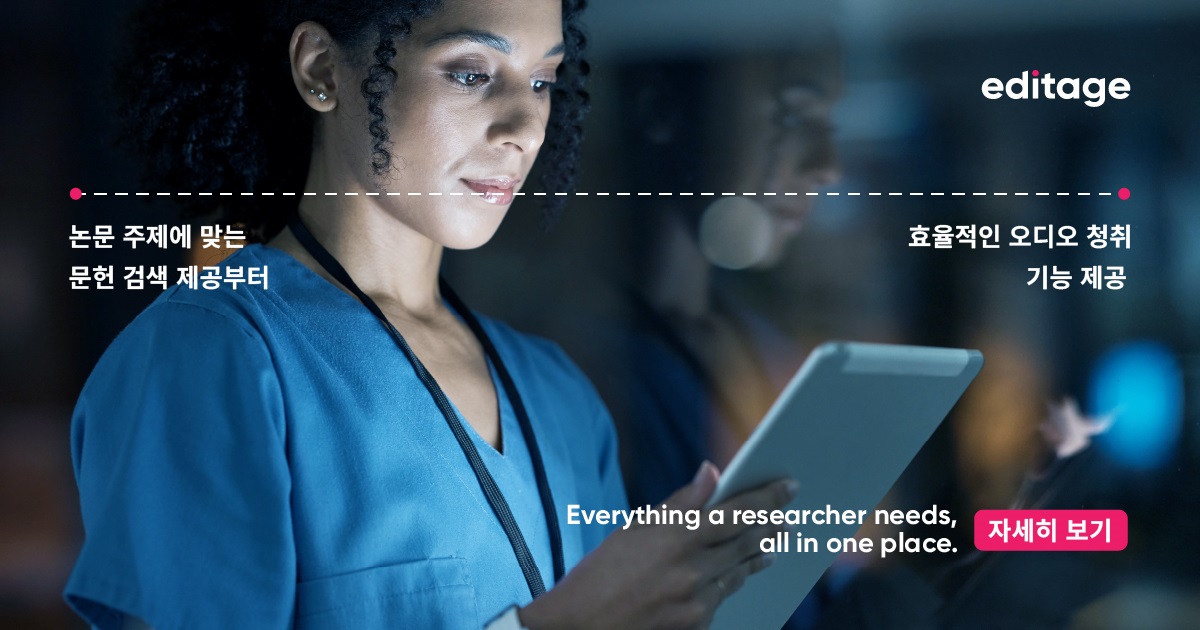Can you describe your career in short? What did you major in? How did you decide to become a professional editor?
I have a broad range of experience in the life sciences, gained from both academia and working as a research scientist. I spent almost 20 years of my career working in research laboratories at the University of Cambridge and the John Innes Institute, Norwich, UK, primarily in the areas of bacteriology and plant molecular biology. I hold a PhD in insect conservation ecology from the University of Birmingham and an MSc in plant breeding and biotechnology from the University of East Anglia, Norwich. I have first authored four academic papers (published in periodicals such as the Journal of Bacteriology and Biological Conservation) and have appeared as a contributing author on several others. My educational background and work experience are of particular advantage in my capacity as a senior editor at Cactus Communications, although I have to confess that I became an editor more by default than by design.
Which aspect of editing do you enjoy the most?
In the world of science, the worth and career prospects of a researcher are typically based on his/her publication record. However, getting research published invariably means proficiency in written English. No matter how good the science, if a research paper is full of grammatical and typographical errors, awkwardly constructed sentences, etc., it has little hope of being published in a scientific journal. In this respect, I gain considerable satisfaction from transforming something that will almost certainly be rejected on account of its poor language content into something that has a very good likelihood of being accepted. As I edit a manuscript, I am continually bearing in mind that the author’s future career may hinge on getting this particular manuscript into print, and that provides all the necessary incentive.
Is there anything specific you do to provide high-quality edits across various manuscripts?
The field of life science is so extensive that one can never be totally conversant with all the various disciplines and sub-disciplines. Moreover, science, particularly areas like molecular biology, is progressing at such a fast pace nowadays that it is virtually impossible to keep abreast of all the latest developments. Consequently, I am often called upon to edit manuscripts the contents of which may be totally unfamiliar. Accordingly, before commencing an edit, I often need to conduct extensive referencing of particular subject areas in order to gain familiarity with all the relevant concepts and terminology. And, having done so, documents that may have initially seemed incomprehensible are often seen in a new and clearer light.
What advice would you give to junior editors on how to sustain their interest in editing and provide the client with high-quality work?
As editors at Editage, we are providing a service, and our clients accordingly have certain expectations as to the quality of the service we deliver. Thus, my advice to someone starting an editing career with the company would be to put yourself in the place of a Japanese, Chinese, or Korean researcher pinning his/her hopes on the editor to revise, restructure, and format their valuable research report into something that is flawless in terms of English language content. Alternatively, I might say, imagine that the manuscript you are about to edit contains your own research findings, which you desperately want to communicate to the world at large.
As an editor, how do you define a good English paper? And is there any advice for authors to improve their writing skills?
For me, a good English paper is one that I can glide through effortlessly from start to finish without being brought to an abrupt halt or having the read something twice because the meaning is unclear or there is some glaring error in the text. In other words, the text should have a logical flow and be free of obvious typographical and grammatical errors and long rambling sentences. Authors wanting to improve their English writing skills could start off by scrutinizing research papers from reputable journals in their own field and/or in popular science journals such as New Scientist and Scientific American, which are written in an easily accessible style.
A few words for our clients…
First and foremost, as editors, we are on your side, we want to deliver you high-quality documents, we want you to get your research papers published in the journal of your choice. Indeed, we get thrilled on learning that one of the manuscripts we have edited has been accepted for publication. Often, for various reasons, misunderstandings arise during the course of our editing; however, as clients, you always have the option of seeking and/or providing the necessary clarifications, such that outstanding problems can be suitably resolved. So, rather than viewing editing as some dislocated mechanical process, try to look upon the writing and editing of manuscripts as a collaborative team effort.






